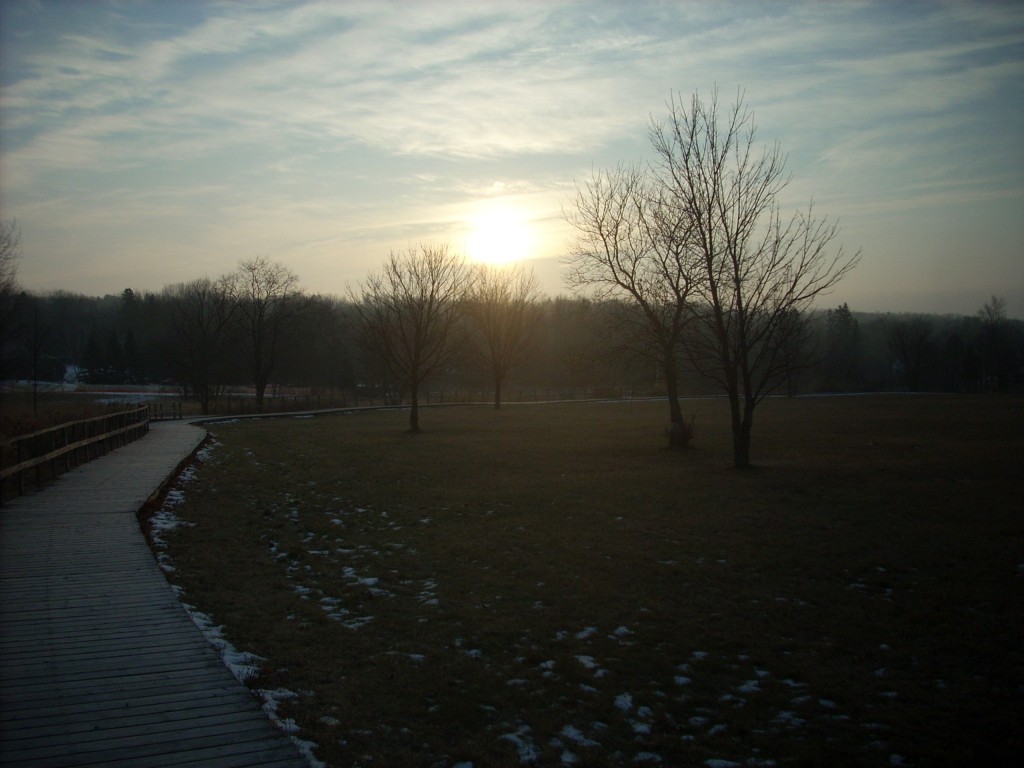This is a new addition to a set of non-linear series first addressed in Blog Beast. Colloquial Quandaries is a sub-series of Cultural Quandaries in that it specifically addresses the colloquial in our culture – our way of speech.

In this addition of Colloquial Quandaries the topic of referencing the sun will be discussed, particularly the common phrases ‘sunrise’ and ‘sunset’.
The Cosmos series narrated by Carl Sagan in episode 10, minute 44. (It is best viewed from minute 32 to have a good understanding of the circumstances of the time in reference and its influence in modern times.) Tells of how a Greek philosopher by the name of Aristarchus (310 BC – ca. 230 BC) deduced that the earth turns on an axis and goes around the sun along with the other planets. But the people of the time suppressed this revelation which later had been brought up again and credited to Copernicus (19 February 1473 – 24 May 1543) which referenced Aristarchus in his manuscripts, but suppressed the reference in the published version. It has been 2200yrs since Aristarchus’s time and we still reference our world as if the earth is the center of it. We talk of the sun rising and the sun setting. Our language still portends that the earth does not turn.
Am I making a big deal out of nothing? That is a possibility. Yet I argue that terms and their associations can have unintended profound impacts on society. History already shows this with Aristarchus and the lack of acknowledgement of his findings – ‘the sun rises, everyone knows that’. Its not too hard to imagine this to occur again when so many people already easily forget world influencing history. History has a habit of repeating itself when not ingrained in the cultural memory. Sunrise and Sunset is what is still ingrained in the cultural memory. Most everyone under the age of 13 (perhaps even 14) believes that the sun rises and sets, and don’t question otherwise because that is what everyone around them says. There are also a surprising number of adults who have forgotten this not long after their school years, slipping into accepting what is said – the sun rises. Hypothetically, if there were to be a sudden global catastrophe (i.e. An asteroid) or societal crash (i.e. The Dark Ages) where society would have to build up again like that from the loss of the Library of Alexandria, at least there would be less to build up from if the colloquial terms are accurate to reality. The commonality of these phrases in our language make it another hurdle in learning about how our world works. And it is an unnecessary one.
I believe that a new phrase or term, what ever it may be, that is true to the nature of things will greatly aid in our society connecting to the greater world and universe. Having a better intrinsic understanding from early on in life gives an early start to being able to grasp the bigger picture – one less wall to climb in having to reassess our world view of how things work. There is much more to gain than lose in such an endeavour.
Should we not try to encourage our language to be accurate to what is really happening?
What word or phrases could we use instead?
Are there other terms used with regards to the sun, earth, day or night, that are misleading?












